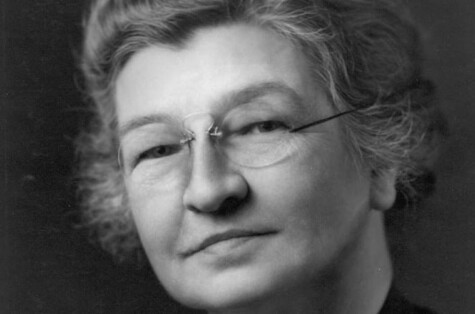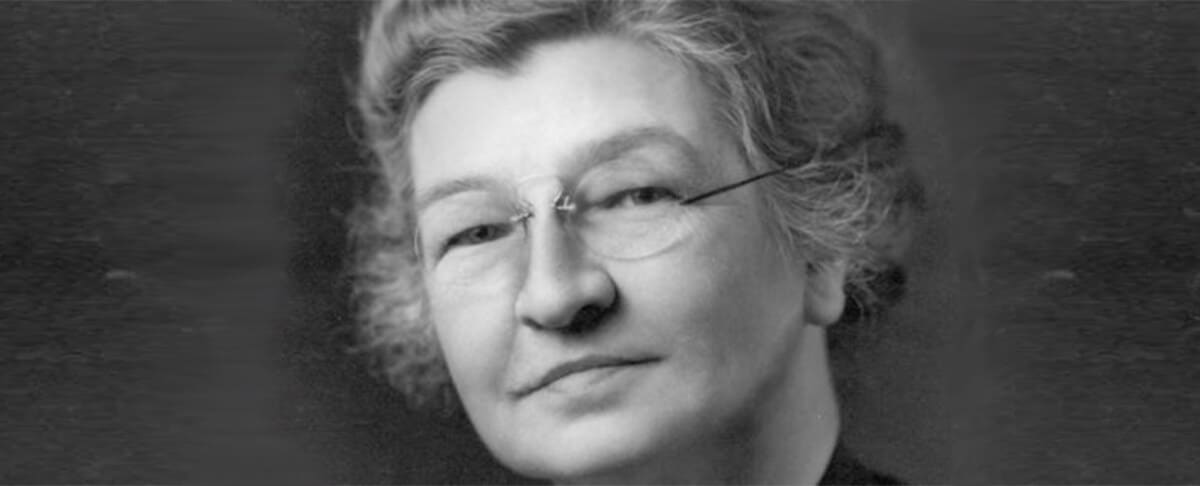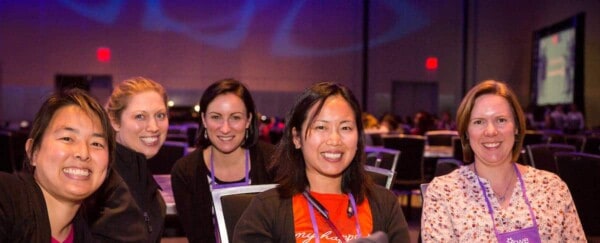
A female electrical engineer with many firsts, Edith Clarke received SWE’s 1954 Achievement Award “in recognition of her many original contributions to stability theory and circuit analysis.”
After graduating from college in 1908, Clarke taught for a while. Restless, she studied civil engineering briefly before going to work for AT&T as a computing assistant.
Eventually, she enrolled at MIT, receiving her master’s degree in electrical engineering in 1919; the first woman awarded that degree from MIT. She wanted to work for either General Electric (GE) or Westinghouse. But even with her stellar credentials, no one would hire her as an engineer because they had no openings for a woman engineer! Finally, in 1920, GE offered Clarke a computing job, directing women computers who were calculating the mechanical stresses in turbines for the turbine engineering department at GE.
But, Clarke wanted to be an electrical engineer! She left GE in 1921 to teach physics in Turkey. When GE finally offered her a job as an electrical engineer a year later, Clarke became the first professionally employed female electrical engineer in the U.S.
Clarke specialized in electric power systems. She literally wrote the textbook used to educate all power system engineers for years: Circuit Analysis of AC Power Systems, Symmetrical and Related Components (1943) and a second volume in 1950. She published 18 technical papers.
Clarke received a patent in 1925 for her “graphical calculator” – which greatly simplified calculations for capacity and inductance for long electrical transmission lines. In 2015, she was posthumously inducted into the National Inventors Hall of Fame for that invention.
Clarke’s additional firsts include:
- First woman to address IEEE and first woman to present a paper to them
- One of the first three women fellows of IEEE; previously first female full voting member
- After GE, the first full professor of electrical engineering in the U.S.
Interested in learning more about a present-day career in electrical engineering? Read about a day in the life of electrical engineer Fiona Redmond.
About Jill S. Tietjen
Jill S. Tietjen, P.E., President and CEO of Technically Speaking, Inc., is a Fellow, Life Member of SWE. She served as the 1991-1992 National President. A member of the Boards of Directors of Georgia Transmission Corporation and Merrick & Company, she has been inducted into the Colorado Women’s Hall of Fame.






